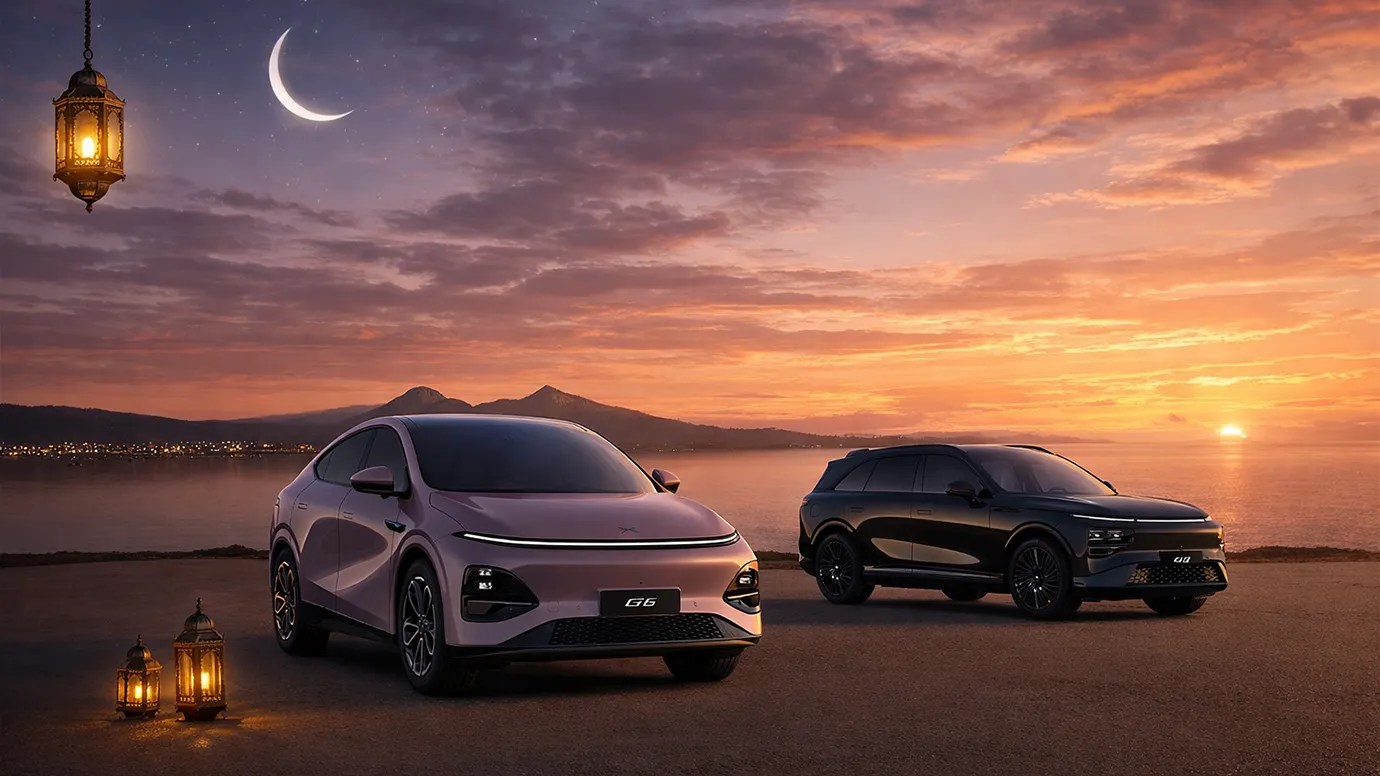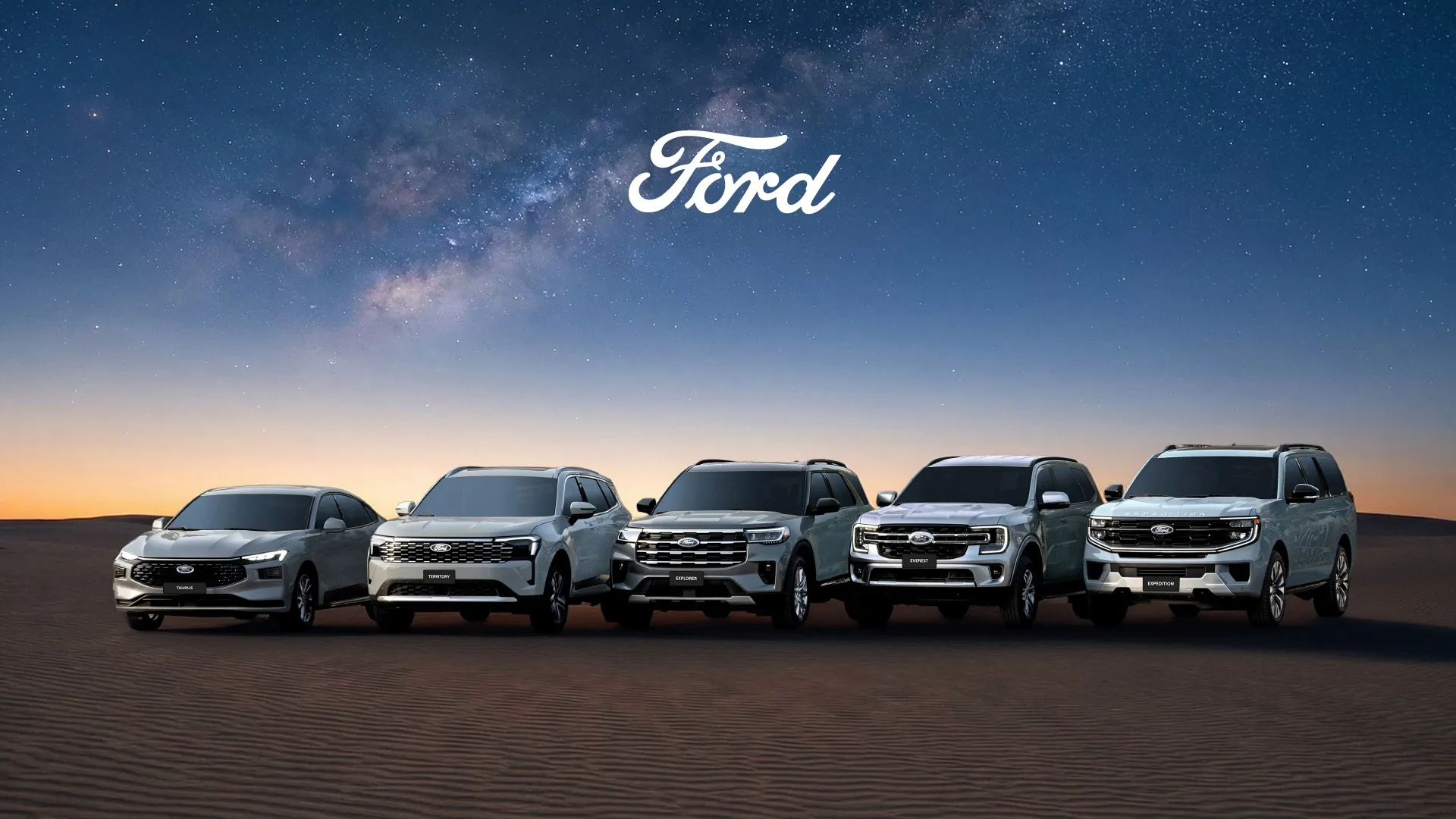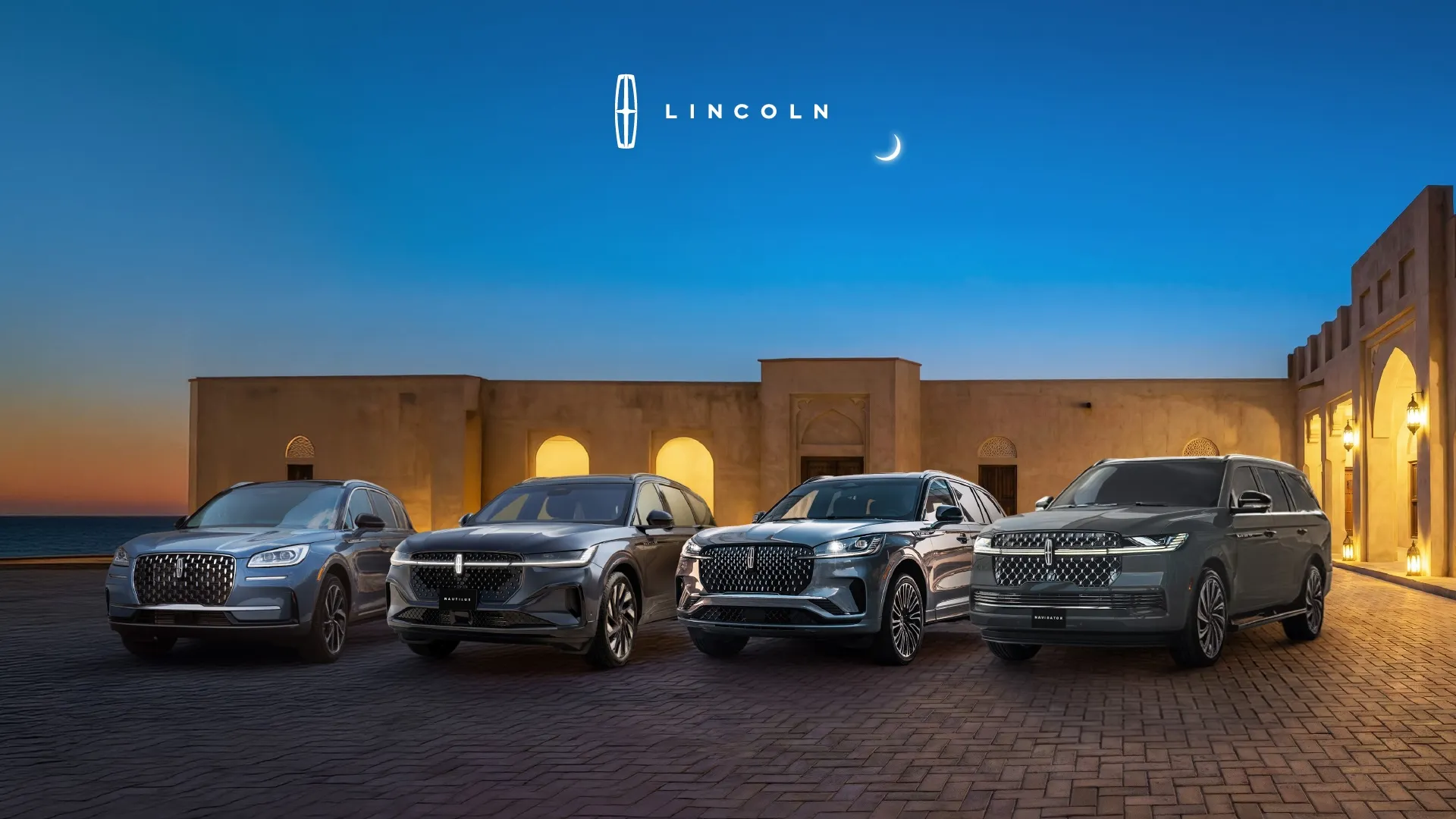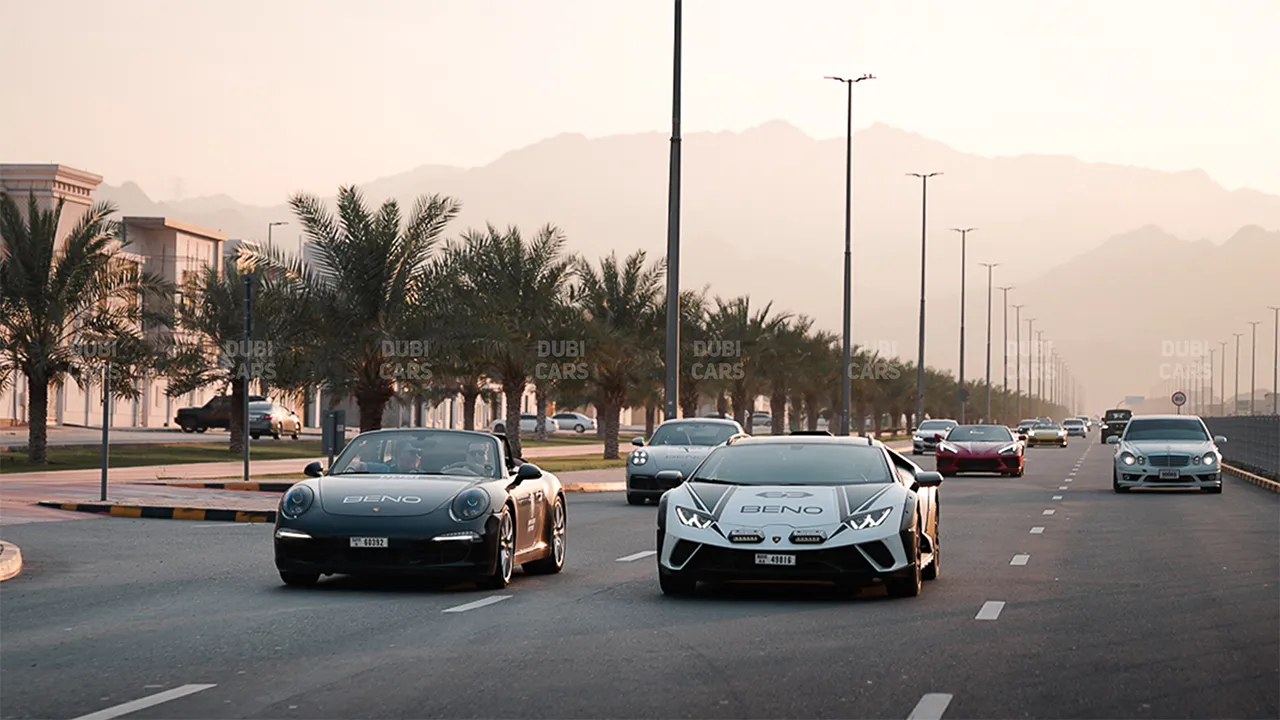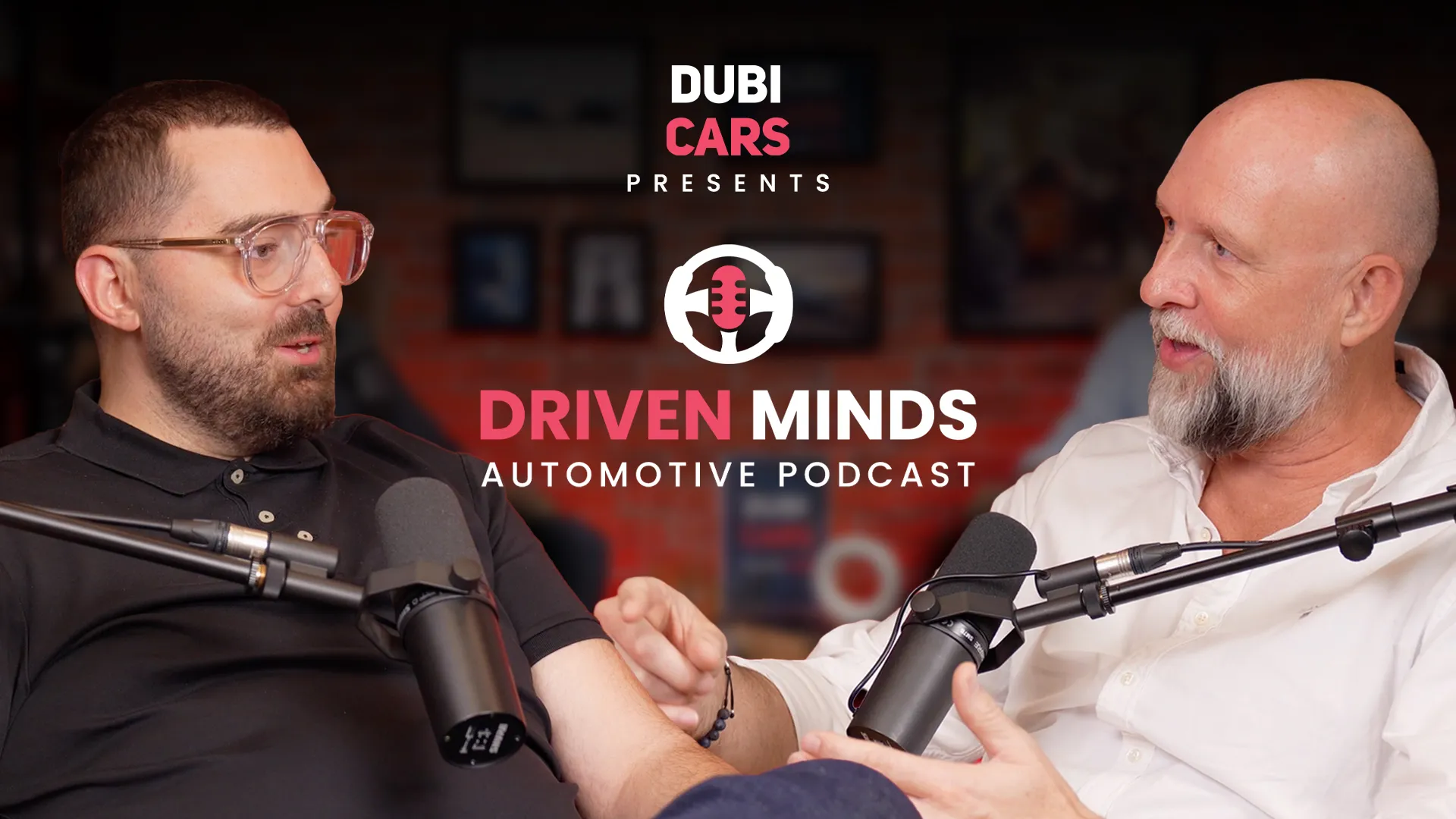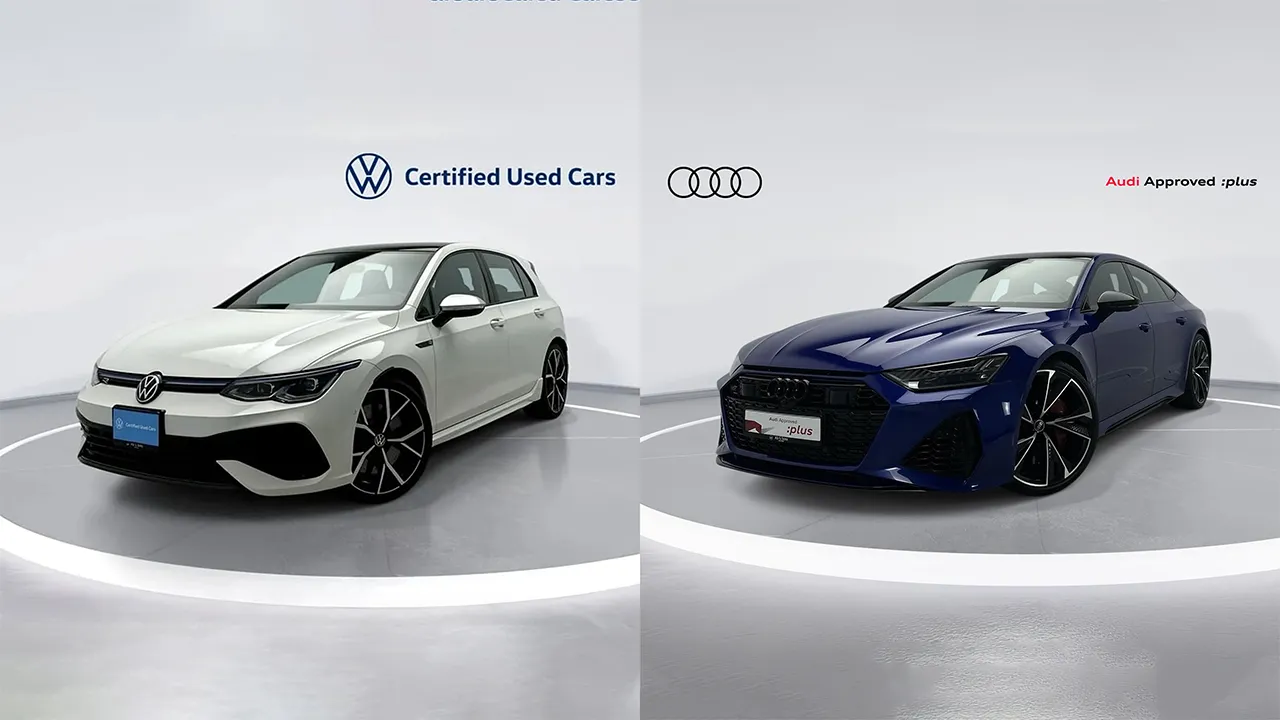Mercedes-Benz Re-Prioritises Petrol Car Production: Are EVs The Future?
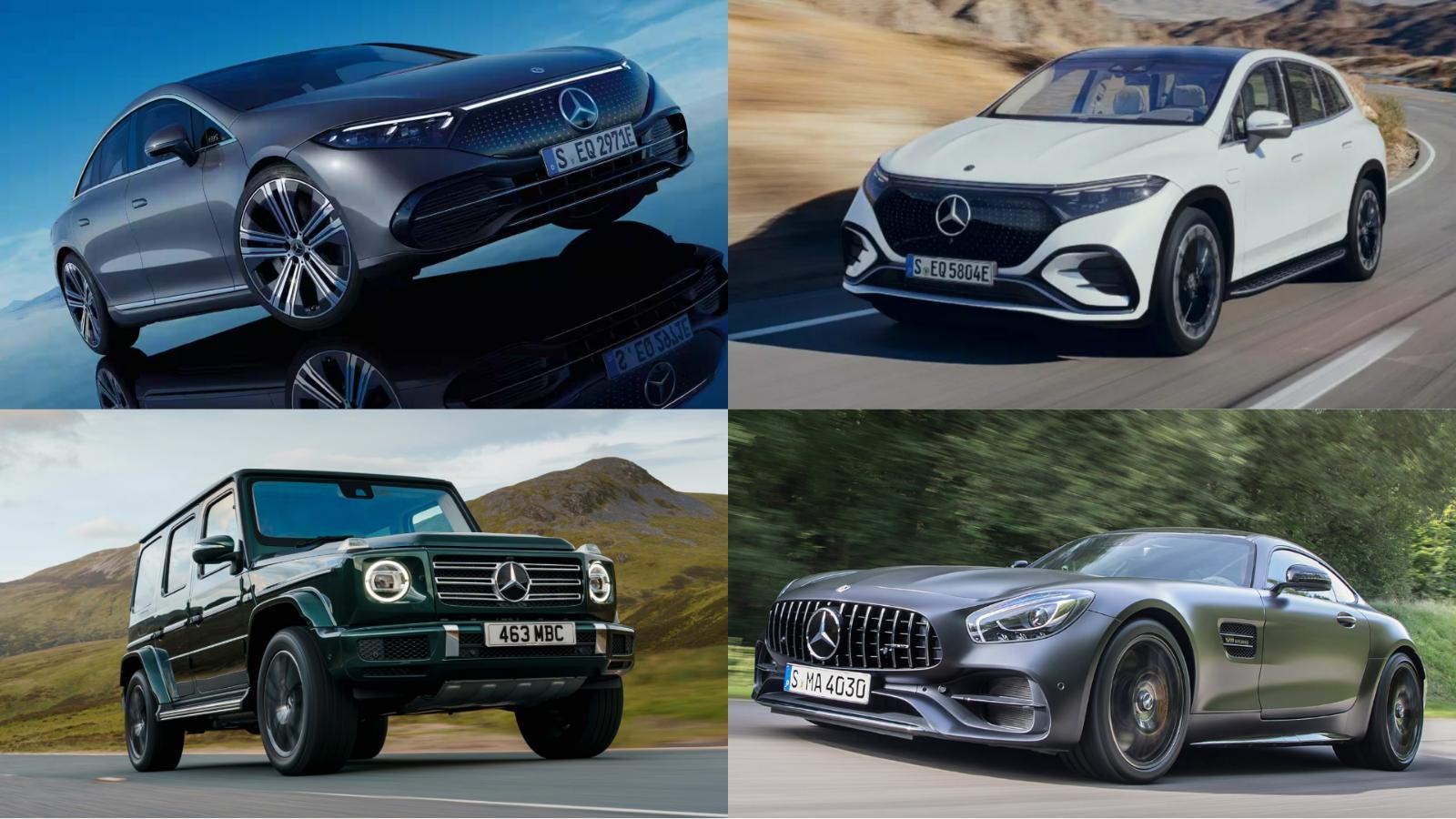
Mercedes-Benz Group AG (MBG) is re-evaluating its ambitious electric vehicle (EV) goals due to weaker-than-expected sales of its luxury electric models. The company now plans to continue producing petrol and hybrid vehicles alongside EVs “well into the 2030s” to prioritise profitability.
This shift comes after disappointing sales figures for Mercedes’ high-end electric vehicles such as the EQS and EQE sedans. These models were central to CEO Ola Källenius’ strategy to boost profits through premium car sales. The company’s profit margin dropped to 9% in Q1 2024, falling below its long-term target range.
Market Challenges & Lagging EV Sales
Mercedes isn’t alone in facing challenges with EV adoption. Government subsidy reductions and a lack of robust charging infrastructure continue to deter some potential EV buyers. The company also finds itself behind its luxury car rivals in the EV transition. During Q1 2024, Mercedes’ EV deliveries fell by 8%, while BMW experienced a 41% increase in electric vehicle sales.
Focus On High-Margin Cars
This strategic adjustment marks a significant change from Källenius’ initial plan, “The Economics of Desire,” which focused on high-end car sales and was unveiled in 2022. Back then, Mercedes was experiencing high order volumes due to pandemic-related supply chain disruptions.

The revised strategy aims to increase sales of Mercedes’ most expensive models, including AMG performance cars, Maybach luxury vehicles, the G-Wagon SUV, and the EQS, by up to 60% by 2026. This strategy also seeks to lift the company’s operating margin to around 14%. However, Mercedes has already cautioned that margins are likely to decline further in 2024.
Profitability Of Petrol Cars
For car manufacturers, larger vehicles with petrol engines continue to be the most profitable. Sports car makers like Ferrari and Porsche demonstrate this with their high profit margins. Additionally, China, the world’s largest automotive market, doesn’t plan to phase out new petrol car sales until 2060. This presents an opportunity for luxury carmakers to continue selling their traditional engine vehicles in this crucial market.
Reports indicate that over 90% of top-end S-Class and BMW 7-Series sales in China still involve petrol-powered models. Price cuts haven’t been successful in boosting demand for the EQS, the electric counterpart to the S-Class, in China either.
Long-Term Strategy
While sticking with petrol engines might help profitability in the short term, shareholders like Union Investment remain concerned about the long-term impact on margins and dividends. They believe the company’s investment in both combustion engine and EV technologies could strain resources.

Despite the current challenges, analysts like Daniel Schwarz from Stifel believe Mercedes’ focus on high-end cars remains the right strategy to differentiate itself from competitors like Tesla and BYD.
Mercedes-Benz is adjusting its electric vehicle strategy in response to market realities. The company prioritises profitability by continuing petrol car production alongside EVs, while focusing on its core strength of high-end car sales. This revised approach aims to achieve financial targets while navigating the evolving electric vehicle landscape.
Find used Mercedes-Benz cars for sale in the UAE and new Mercedes-Benz cars for sale in the UAE.
Subscribe to DubiCars’ WhatsApp Channel for the latest automotive news, guides, polls, and informative infographics.
Other New Car Launches:
- List Of Automotive Events This Quarter – Q2 2024
- New Omoda 7 Plug-in Hybrid SUV Unveiled
- EVIS 2024 — MENA’s Largest EV Expo Is Back
Source: ET


